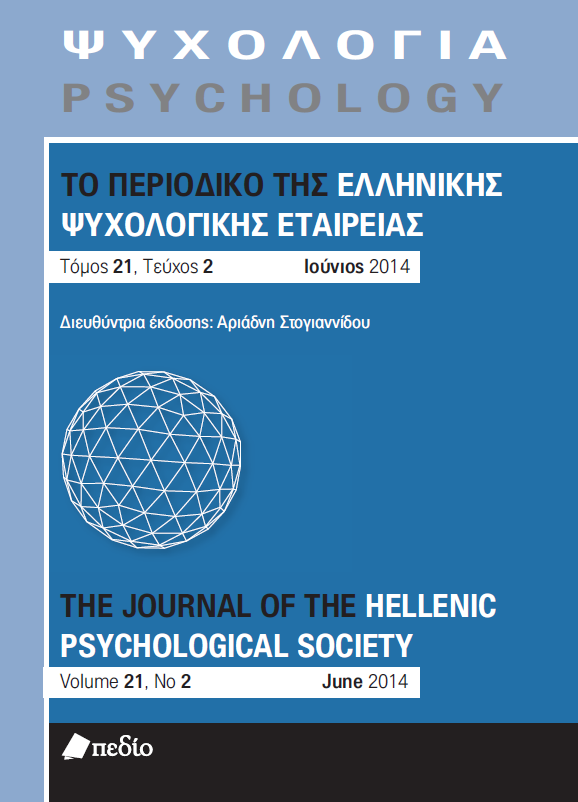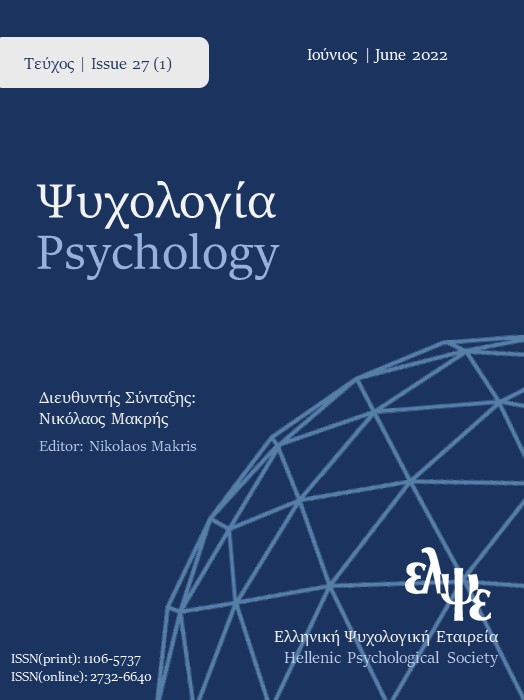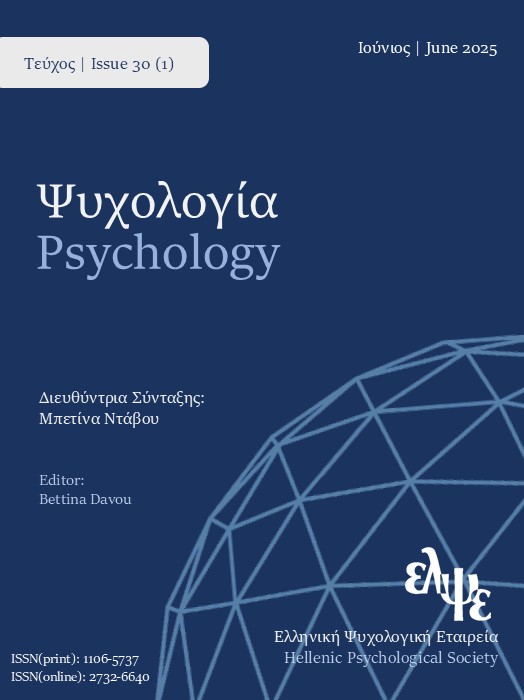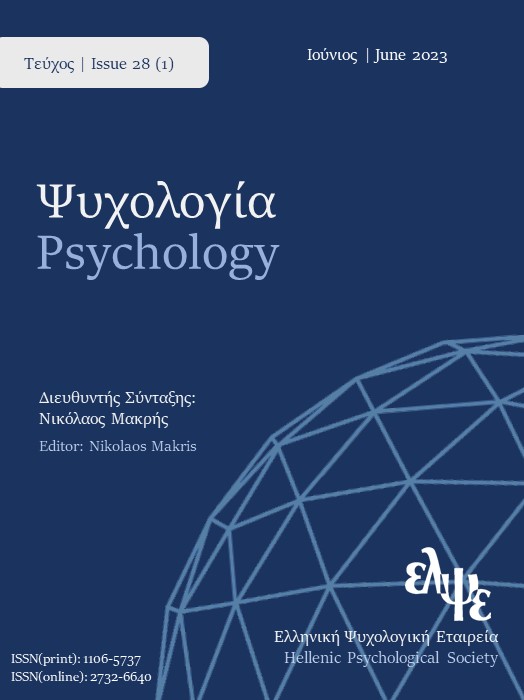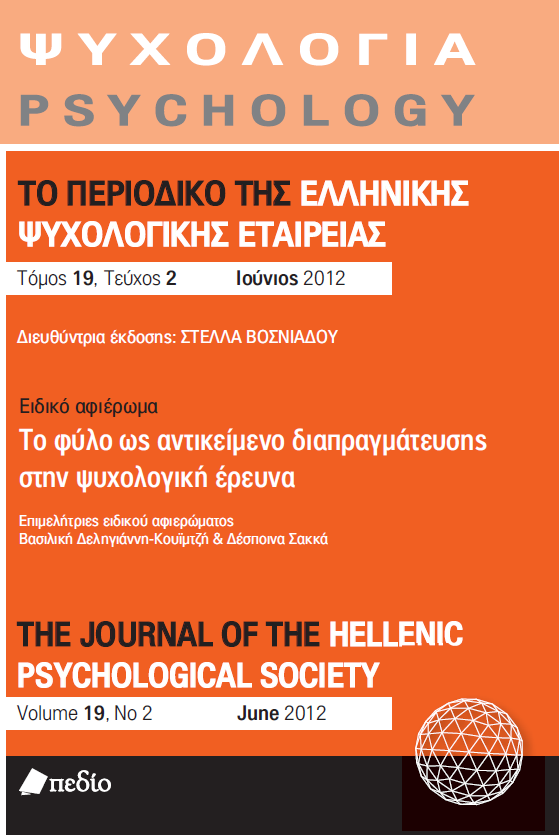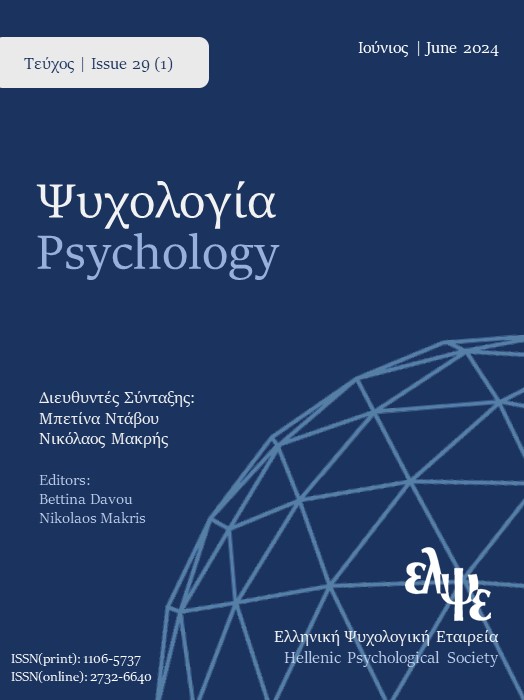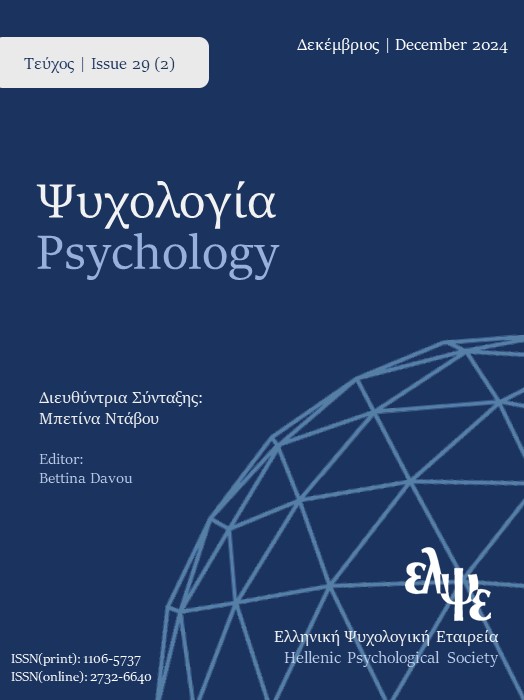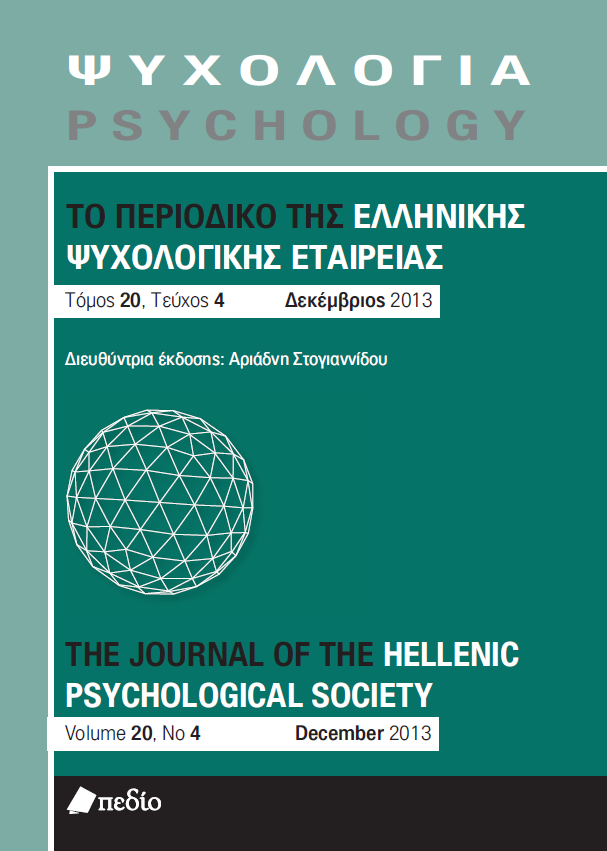The discourse of health and education professionals on disability
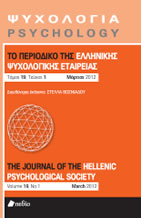
Abstract
Defining disability is a complex issue that has fuelled public debates between the scientific community and the representatives of organizations of people with disabilities. Within the above controversy, key persons are undoubtedly health and education professionals, who are responsible for the diagnosis, care and treatment of people with disabilities. The study aims to highlight the dominant discourses these professionals use when they talk about disability as well as the consequences these discourses have on their personal and professional lives. Overall, ten health and education professionals, working in different diagnostic, educational and rehabilitation centers for
disabled children in the wider region of Thessaloniki, were individually interviewed. Data analysis followed the qualitative method of post-structural discourse analysis. Three major discourses were found: the medical discourse, the humanitarian discourse and the stigmatization discourse. The above discourses have important implications (a) for the development of the participants’ professional identity and the way they manage the difficulties and rewards of their work, and (b) for the formation of the institutional practices on disability that are used within their work context.
Article Details
- How to Cite
-
Χουχούλη Β., Αθανασιάδου Χ., & Γεωργάκα Ε. (2020). The discourse of health and education professionals on disability. Psychology: The Journal of the Hellenic Psychological Society, 19(3), 313–332. https://doi.org/10.12681/psy_hps.23625
- Issue
- Vol. 19 No. 3 (2012)
- Section
- RESEARCH PAPERS

This work is licensed under a Creative Commons Attribution-ShareAlike 4.0 International License.
The journal PSYCHOLOGY adopts a Platinum open-access policy. Submission, processing or publication costs are waived by the Hellenic Psychological Society. Papers published in the journal PSYCHOLOGY are licensed under a 'Creative Commons Attribution-ShareAlike 4.0 International' licence. The authors reserve the copyright of their work and grant the journal the right of its first publication. Third-party licensees are allowed to use the published paper immediately after publication as they wish, provided they retain the defined by the license copyright formalities, regarding the reference to its author(s) and its initial publication in the journal PSYCHOLOGY. Moreover, any adjusted work should be shared under the same reuse rights, so with the same CC license.



